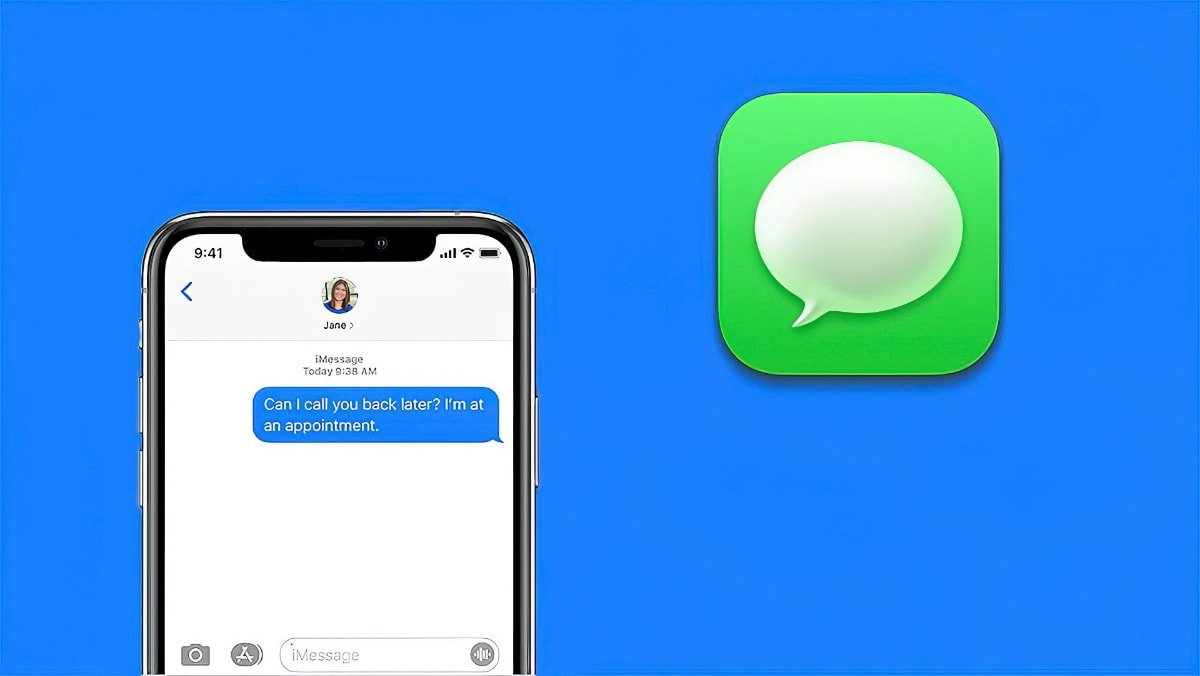New EU rules would force Apple to open up iMessage
European Union regulators have amended the Digital Markets Act to include new provisions that would compel Apple to make iMessage accessible.
The European Council approved the Act in July 2022, a year after it was proposed. It enters into force on May 2, 2023.
The Digital Markets Act contains many restrictions to prevent major tech firms like Apple, Amazon, Facebook, and Google from engaging in anticompetitive activities. For instance, the lawmakers want Apple to allow iPhone users to download apps from outside of the App Store.
The EU is also going after Apple to let third-party iOS browsers use their own rendering engines, as the tech giant currently requires developers to use its WebKit engine from Safari.
The European Parliament and Council still need to approve this aspect of the legislation with lawyers, and then in a final vote. Passage is likely.
Messaging provisions
The most extensive messaging services, such as iMessage, Facebook Messenger, and WhatsApp, will have to open up and interoperate with smaller messaging platforms.
The result would be allowing users to exchange messages, send files or make video calls across messaging apps. While this is possible through SMS texting, Apple's iMessage service only works on Apple devices.
It's why Apple users might sometimes see green bubbles in the Messages app to denote an SMS text. The iMessage service is a significant reason for the iPhone's popularity among young people in the US, for example.
Apple knows that the exclusivity of iMessage is a significant selling point for the iPhone and has avoided bringing it to Android as a possible reason.
The changes might not be limited to Europe, either. Other countries sometimes follow suit with similar legislation, and it's often easier for companies to apply the changes worldwide.
 Andrew Orr
Andrew Orr











 Wesley Hilliard
Wesley Hilliard




 Amber Neely
Amber Neely

 William Gallagher
William Gallagher







